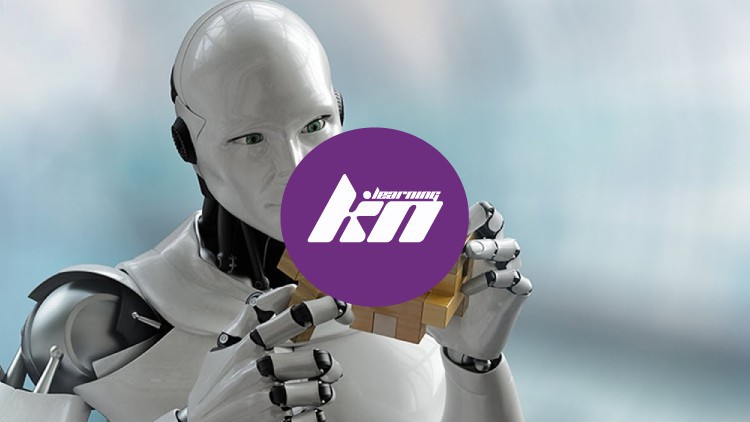
Learn how to use Oracle Solaris for your business!
What you will learn
Learn how to understand the Oracle Solaris OS
Understand the components for Solaris
Understand Oracle Solaris Hardware
Learn the functionality of the Oracle Solaris Operating System
Description
On this training you will learn the basics of the Solaris Operating System, is a proprietary Unix operating system originally developed by Sun Microsystems. After the Sun acquisition by Oracle in 2010, it was renamed Oracle Solaris.
Solaris superseded the company’s earlier SunOS in 1993, and became known for its scalability, especially on SPARC systems, and for originating many innovative features such as DTrace, ZFS and Time Slider. Solaris supports SPARC and x86-64 workstations and servers from Oracle and other vendors. Solaris was registered as compliant with UNIX 03 until 29 April 2019.
Historically, Solaris was developed as proprietary software. In June 2005, Sun Microsystems released most of the codebase under the CDDL license, and founded the OpenSolaris open-source project. With OpenSolaris, Sun wanted to build a developer and user community around the software. After the acquisition of Sun Microsystems in January 2010, Oracle decided to discontinue the OpenSolaris distribution and the development model. In August 2010, Oracle discontinued providing public updates to the source code of the Solaris kernel, effectively turning Solaris 11 back into a closed source proprietary operating system. Following that, OpenSolaris was forked as illumos and is alive through several illumos distributions.
In 1987, AT&T Corporation and Sun announced that they were collaborating on a project to merge the most popular Unix variants on the market at that time: Berkeley Software Distribution, UNIX System V, and Xenix. This became Unix System V Release 4 (SVR4).
An x86 version of Solaris 2.1 was released in June 1993, about 6 months after the SPARC version, as a desktop and uniprocessor workgroup server operating system. It included the Wabi emulator to support Windows applications. At the time, Sun also offered the Interactive Unix system that it had acquired from Interactive Systems Corporation. In 1994, Sun released Solaris 2.4, supporting both SPARC and x86 systems from a unified source code base. Latest Release Oracle Solaris 11.
When Sun was acquired by Oracle in 2010, the OpenSolaris project was discontinued after the board became unhappy with Oracle’s stance on the project. In March 2010, the previously freely available Solaris 10 was placed under a restrictive license that limited the use, modification and redistribution of the operating system. The license allowed the user to download the operating system free of charge, through the Oracle Technology Network, and use it for a 90-day trial period. After that trial period had expired the user would then have to purchase a support contract from Oracle to continue using the operating system.